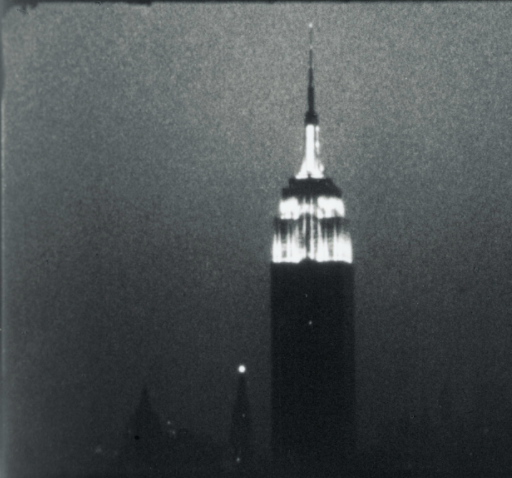Night and Day
I heard from Brian a few days ago: “March was eternal, but then April seems to have passed in the blink of an eye, so I guess I shouldn't be so startled that this email I've been meaning to answer for a few days is 12 days old.”
I know the feeling. I’m sure you do, too. Times are strange. Time is strange.
There are explanations: the “oddball effect”; Einstein’s theories; just plain entropy. The earth spins more slowly now than it once did: there were more days in the year in the time of the dinosaurs. Meanwhile, on Mercury, days last for years.
“The distinction between past and present and future is an illusion,” said Einstein. “History does not repeat itself, but often rhymes,” said Mark Twain. “The past is never dead. It’s not even past,” Faulkner said without knowing how right he was. Faulkner didn’t know that the sun we see now is eight minutes ago, and the moon’s always one second older than we are. Scientists in Spain say time’s going to stop, and that’s that.
“Time flies over us, but it leaves its shadow behind.” Nathaniel Hawthorn said that, and Bowhead whales in the Arctic right now were already swimming around when he said it. The same whales were swimming around when Hawthorne’s friend Herman Melville was born.
Down by the water in Brooklyn last Tuesday, James and I split a large chicken parm from Defonte’s. Large means large at Defonte’s, which opened in 1922 and used to feed the longshoremen, back when the port was a thing. Nowadays it feeds firemen, cops. It looks the same, though. RIght out of the past. James Joyce could have gotten a Nicky’s Special (ham, capicola, salami, provolone, fried eggpant, hot salad, marinated mushrooms, lettuce, tomato, oil, and vinegar). Virginia Woolf would have liked the Danny Boy (grilled sausage, pepper and onions). Proust died in 1922, but not till November. He could have eaten there. He would have loved it.
